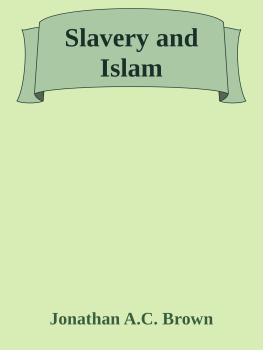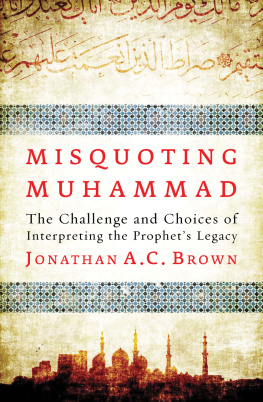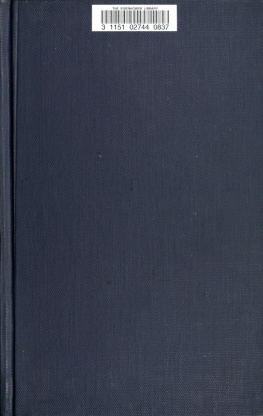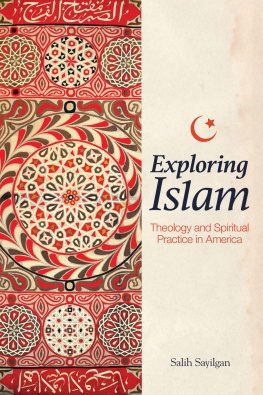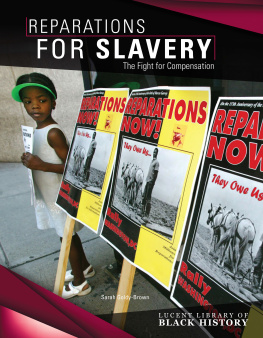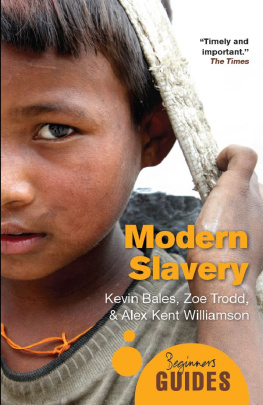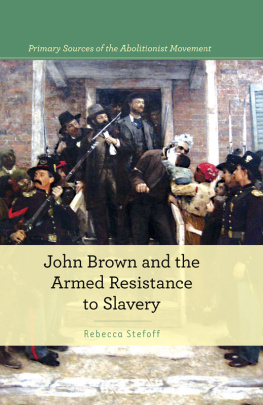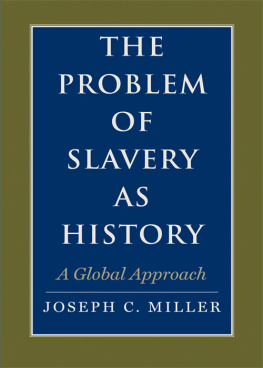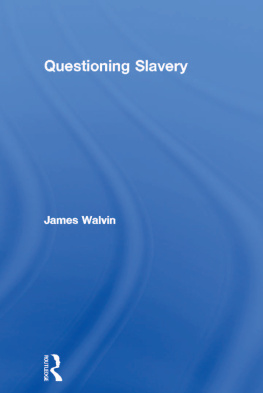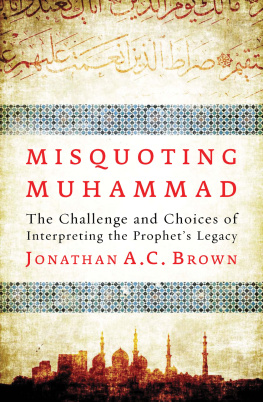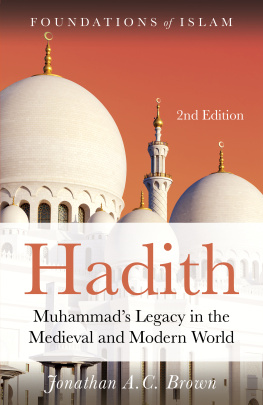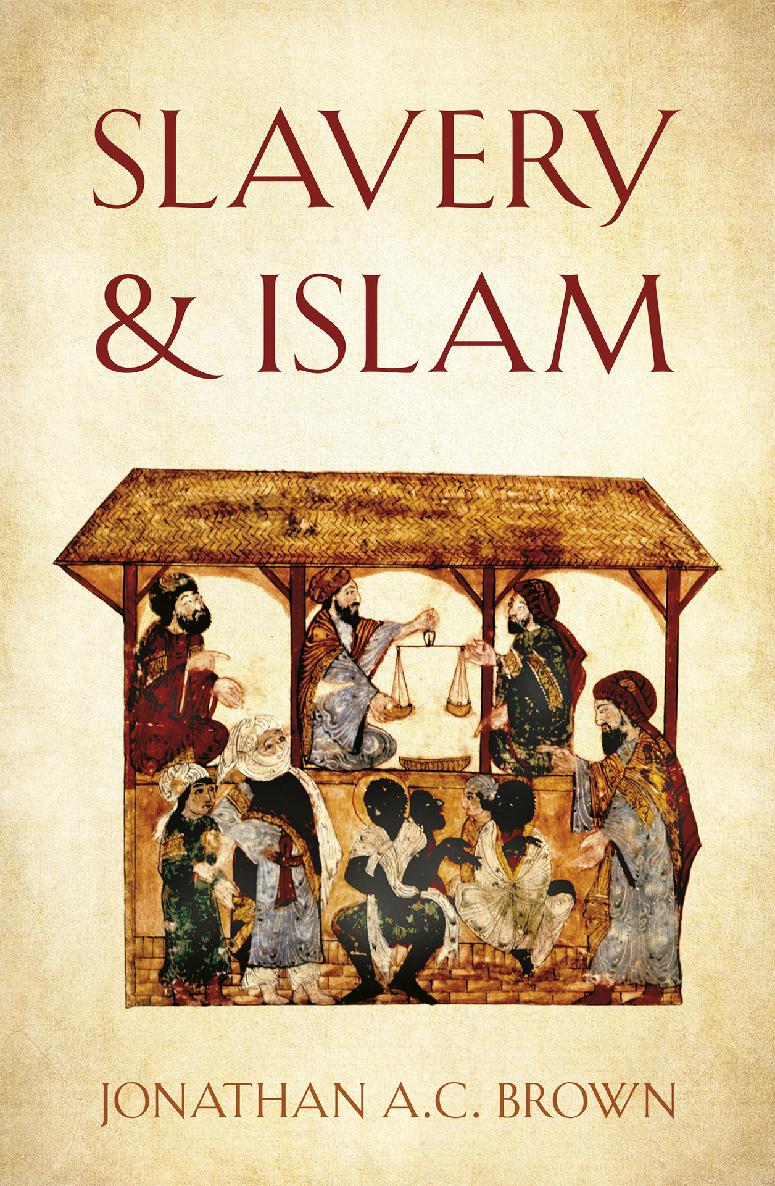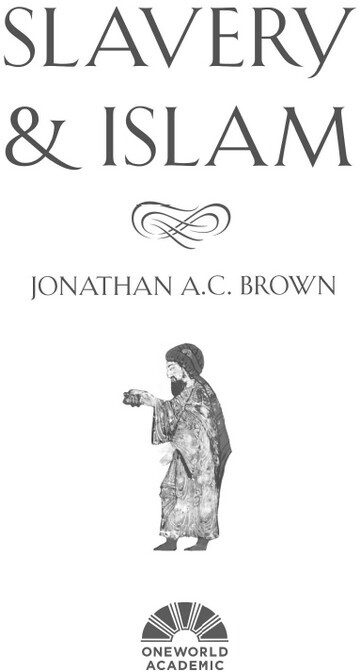Contents
Preface
Whenever I think of writing prefaces my first thought is always a flood of gratitude and the desire to express it sincerely and without the mediation of style. Gratitude to the God for my life, for all the blessings Ive received. But when Im on the road what I feel the strongest is immense appreciation for all the kind and hospitable souls whove hosted me, taken me in and guided me during my travels. And shame for not having reciprocated or kept in touch. Here in Sarajevo those people are too many for me to count with any ease. Faces and moments flood over me as I lean my head back against the wall in the courtyard. Gannady Vaziliev and Vadim Voronin, who hosted me for weeks in Moscow. In Tehran, the family of Faramarz Jahanbakhsh, who literally took me in almost off the street and let me live with them for months, refusing any payment. The brothers and friends on the train to Yazd who insisted I stay with them, and who took me to the mountain village of Taft for a BBQ. The cab driver in Rasht who let me sleep at his house when all the hotels were full. Hesham Benkirane and his family who brought me to their home in Tangier. Selda Kaplans kind mother in Kayseri who bought me new underwear (not that I needed it! Apparently, thats something one does in Turkey) while her father made up for all the prayers hed missed in his youth. The family in Jenne who let me and Charles Bartlett sleep on the roof of their house and served us millet porridge in the morning. The family of my old nanny Liberata who let us stay with them for days and days in Dakar. The mother in Jenin who invited me over and served me a huge lunch it must have taken her ages to prepare. Of course, Tariq, Rami, Iffat and their families in Cairo. The Alam Khan family, who picked Garrett and me up in a limo in Hyderabad and hosted us, arranging tours of Osmania University and whose noble and stylish patriarch inquired in a tone both imperious and endearing, Brown! What do you want to do in Hyderabad?! Im haunted by my failure to thank you all and remain in touch as I should. I long for forgiveness.
I go into my motivation for writing this book a bit in the Introduction, but here Ill add a few mundane details. I had originally intended to write a series of online essays on slavery and Islam for the Yaqeen Institute, with which I am associated, beginning in January 2017. I published one essay on the problem of defining slavery (the core of Chapter One of this book) and had a second one ready to go (it became Chapter Four and part of Chapter Seven), but I soon realized that this issue was simply too complicated and controversial to deal with piecemeal. In the meantime, Oneworld, a publisher with whom I had the wonderful experience of writing two books previously, suggested I do a whole book on the topic. During the spring semester of 2018 I taught an undergraduate course on Islam and Slavery, which helped me organize material and try out explanations with students. I am grateful to Oneworld for the suggestion. And I wish the are Mosque were open. There the enormous, creeping rose vines loom around you on creaking trellises and fan you with hints of fragrance that are truly signs of the God. But this noticeably roseless mosque will do.
Ghazi Husrev Beg Mosque
Sarajevo, August 12, 2018
Acknowledgments
More than any book I have written, this one is composed of the knowledge of others who were kind enough to aid me with their expertise. I am hesitant to thank them or involve anyone in this book because the subject is so contentious and because many likely do not agree with opinions or conclusions I express. I urge the reader not to hold them accountable for anything in this book but to blame only me, reserving for those who helped me the appreciation due to those generous with their knowledge to all who come asking. I am very grateful to Samer Akkach, Kecia Ali, Aun Hasan Ali, Chris Anzalone, Abdurrahman Atcil, Kevin Bales, Murteza Bedir, Dan Byman, Anne-Marie Carstens, Ahmed El Shamsy, Mohammad Fadel, Bernard Freamon, Mohamed Ghilan, Kyle Harper, David Hollenbach, Kyle Ismail, Pamela Klasova, Leo Lefebure, Rosabel Martin-Ross, Ann Mayer, Harry Morgan, Abdul Rahman Mustafa, Rasoul Naghavi Nia, Shlomo Pill, Yasir Qadhi, Jawad and Omar Qureshi, Muhammad Rofiq, Ahsan Sayed, Uri Simonsohn, Luke Sheridan, Sohaira Siddiqui, Nur Sobers-Khan, Abdallah Soufan, Omar Suleiman, Ali Tariq, Tariq Al-Timimi, Sarra Tlili, Aissata Wane, Bilal Ware, Zachary Wright, Saad Yacoub, Shafat Maqbool and Alden Young.
A few people deserve particular gratitude for the time they took to help me and the unusual degree of material and insight they shared. My student Said Saleh Kaymakci shared so much from his incredibly active mind and wide reading in Ottoman history, helping me with sources and checking my work for mistakes. My students Tesneem Alkiek and Rezart Beka assisted me a great deal with research and their creative contributions. Arnold Yasin Mol has been an energetic colleague who is always willing to share his observations, broad reading and discuss the toughest and most controversial issues with me even on WhatsApp. Abbas Barzegar is so good at exactly the theoretical nonsense I cant manage. Joe Bradford is an allama . Margarita Rosa was patient in helping me with my great ignorance and compassionate in her correction. Ahmed Abdel Meguid saved my 6eez from a major, major, unforced Kant error. Ovamir Anjum, as usual, has been a teacher and thinker whose mind always operates several levels above mine and who, as usual, took the time to lift me up. Andrew March has been a true friend in the life of the mind. I have never met someone so exact in his thinking and exacting of those who think with him, and he has been one of the few people who has helped me with his time, energy and expertise through this whole process. Omar Anchassi remains, though younger than me, a great teacher and resource. His wide reading, solid insights, honesty and generosity with his knowledge have been pillars of this project. Muntasir The Machine Zaman continues to astound me with his attention to detail, thoroughness and incredible ability to find mistakes in things Ive written. As I worked on this book, the insults and accusations directed at me by others in the academy at times caused me to doubt my credentials as a scholar. As I write out these acknowledgments, however, seeing the talent, capacity and good intentions of those who eagerly offered me their help is all the affirmation I need.
A special debt of gratitude I owe to Professor Nathaniel Mathews, who has been so giving of his time and prodigious command of material on slavery in world history and in Islamic civilization. I am not an expert on this subject. He is, and he has guided me through much of what Ive done in this book. I am almost certain he does not agree with me on a number of important points, but he always helped me nonetheless. Such is a committed scholar.
Its hard for me to know how to thank my family for their support. I was attacked a good amount for my work on this topic, and my wife suffered a great deal through that. But she never once said that I should abandon a topic that I thought was important. She has experienced me writing books before, with the late nights clacking away in the dark of our bedroom, the constant obsession, the duties left untended. She did not complain, and she compensated for my self-indulgence. That is the most an egghead academic could ask for. My children will read lots of awful things about their father. But at least they can read a good book, too. My parents-in-law, Dr. Sami and Nahla, my brothers- and sisters-in-law, Abdullah, Leena, Ali and Lama, they have all been a bulwark of support and great humor for which I am most grateful.

